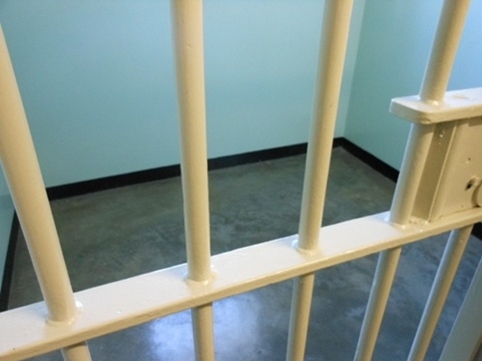Accidental copying of design ‘will not be criminalised’
The Intellectual Property Bill – which is currently passing through Parliament – will not criminalise those who copy registered designs without realising they have done so.

Source: Mike Cogh
In a Parliamentary debate this week, Minister for Universities and Science David Willets said that any action taken following the bill’s publication ‘will be measured to the high criminal standard of “proof beyond reasonable doubt”’.
Willetts’s comments came at a second reading of The intellectual Property Bill in the House of Commons, where he said the proposals will not have ‘a chilling effect on innovation or legitimate and competitive risk-taking in business’.
North Wiltshire MP James Gray – whose constituency includes the Dyson headquarters – raised concerns over the criminalisation which might be brought.
Gray said, ‘[Dyson] are concerned that [the bill] would criminalise people who might inadvertently copy someone else’s design. Will he [Willetts] not clarify that by inserting the word “intentionally”… to deal with the concern of people such as those who work at Dyson?’
Willets responded by saying, ‘The offence has been carefully drafted to ensure that innocent infringement is not caught.’
The Intellectual Property Bill, which has passed through the House of Lords and is now in the House of Commons, is a response to the Hargreaves review which identified the importance of intellectual property to the UK economy in 2011 and subsequent moves to bring about IP changes to law.
The new bill is devised to help UK businesses protect their IP rights and better understand what is protected under law, to reduce the need for costly litigation ‘and to provide greater certainty for investors in new designs and technologies’ according to Willetts.
Businesses would be supported by an international IP system under the new bill, which promises better design and patent protection.
Willets says that in particularly the bill will help ‘small and medium-sized enterprises, which raised concerns about protecting their designs in the consultation process’.
Other members of parliament, including Lewisham and West Penge MP Jim Dowd, raised the UKs ranking on the IP index – the international rnakings for Intellectual Property as a concern.
Willetts says, ‘We score well internationally on the quality of our IP protection, including being second in the world in respect of patents. The area where we underperform—down to fifth—is design. That is why this Bill specifically focuses on that area where our performance is weakest, as our legal framework on design is inadequate.’
Having received its second reading in Parliament, the Intellectual Property Bill is now set to go to the Committee stage in the Commons.
-
Post a comment




